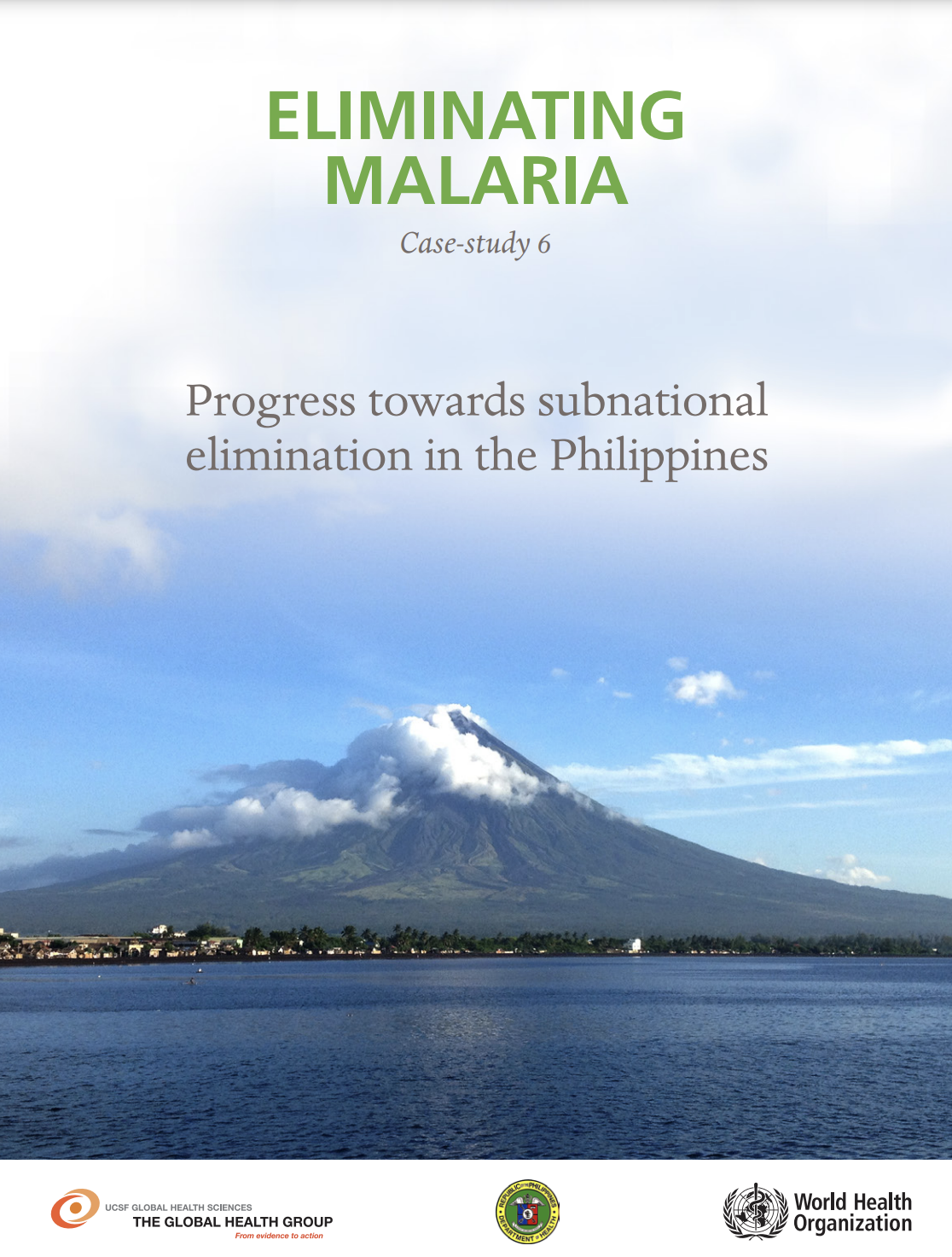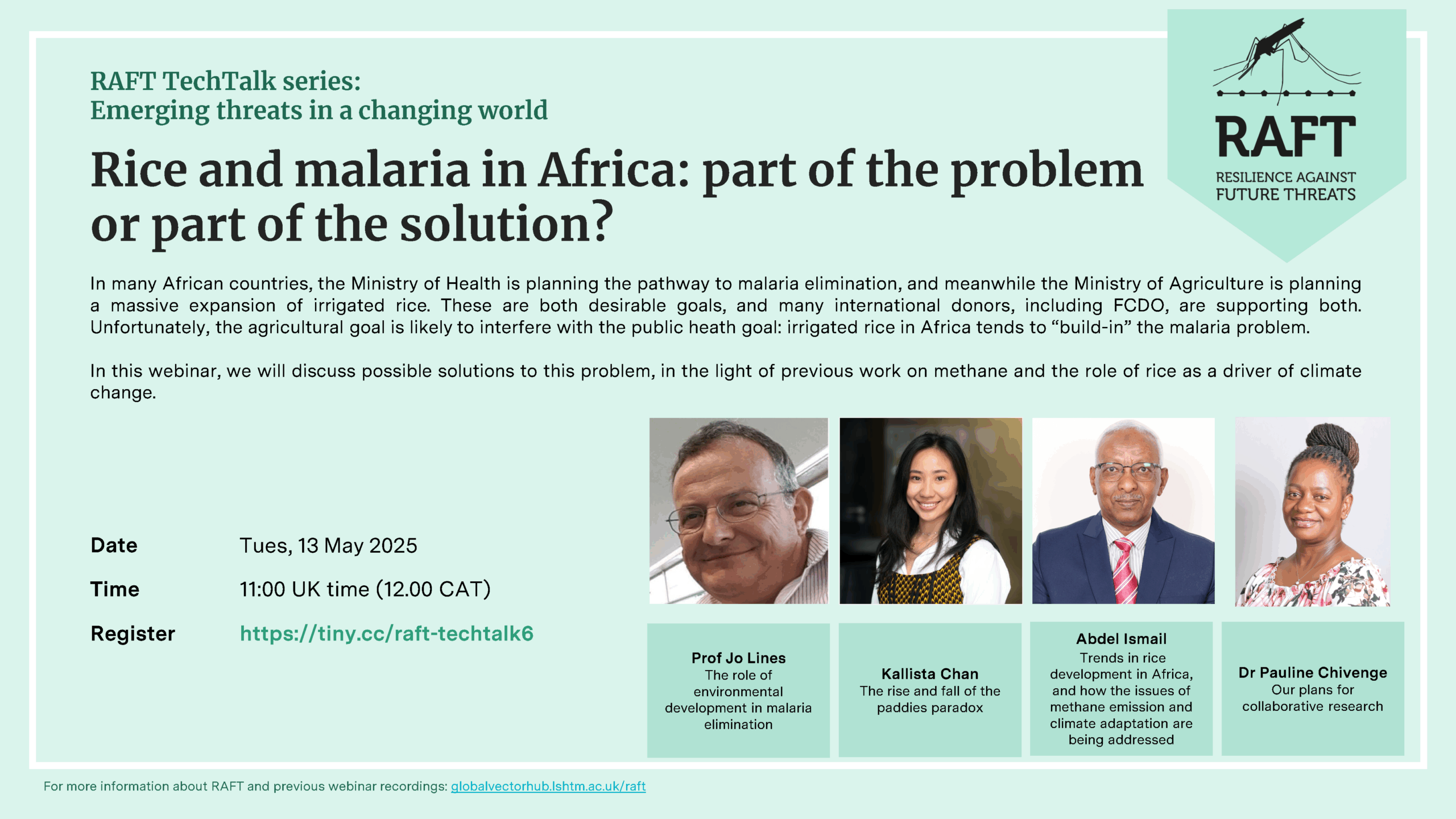Eliminating malaria (case study 6): Progress towards subnational elimination in the Philippines
Collaborator(s): University of California San Francisco (UCSF), United States
Countries: Philippines
Published: 01/09/2014
The WHO Global Malaria Programme and the Global Health Group at the University of California in San Francisco, supported by the Bill and Melinda Gates Foundation, launched a new series of case-studies on malaria elimination: Eliminating malaria. In this series, national malaria control programmes and researchers generate new evidence about what works – and what does not – for reaching and sustaining zero malaria transmission.
The objective of this case-study series is to build an evidence base to support intensification of malaria elimination as an important step in achieving international malaria targets. Ten case-studies were prepared and all together provide insights into and lessons to be learned from a wide range of elimination approaches and geographical settings.
The case study looks closely at the national strategy of subnational elimination, in which provinces are certified malaria-free by the Philippines National Malaria Control Program (NMCP.) In order to understand the cost of malaria control and elimination over time in selected
provinces that are currently pursuing or have recently achieved elimination, the case study contains descriptions of epidemiology, programme management and strategy choices

